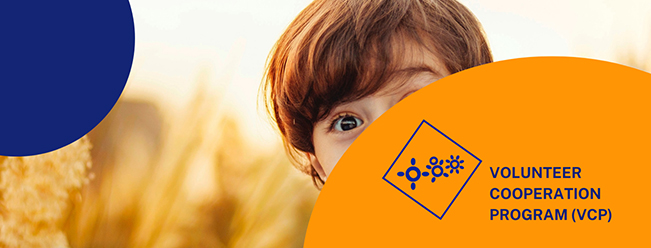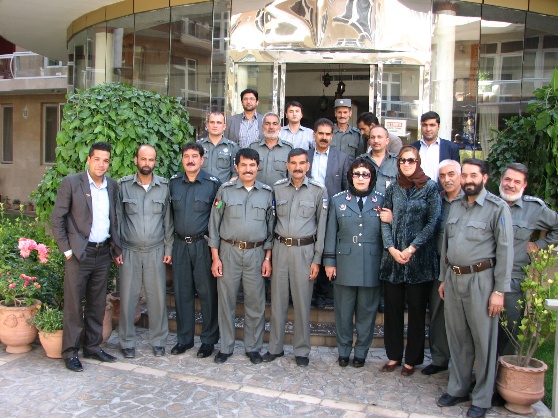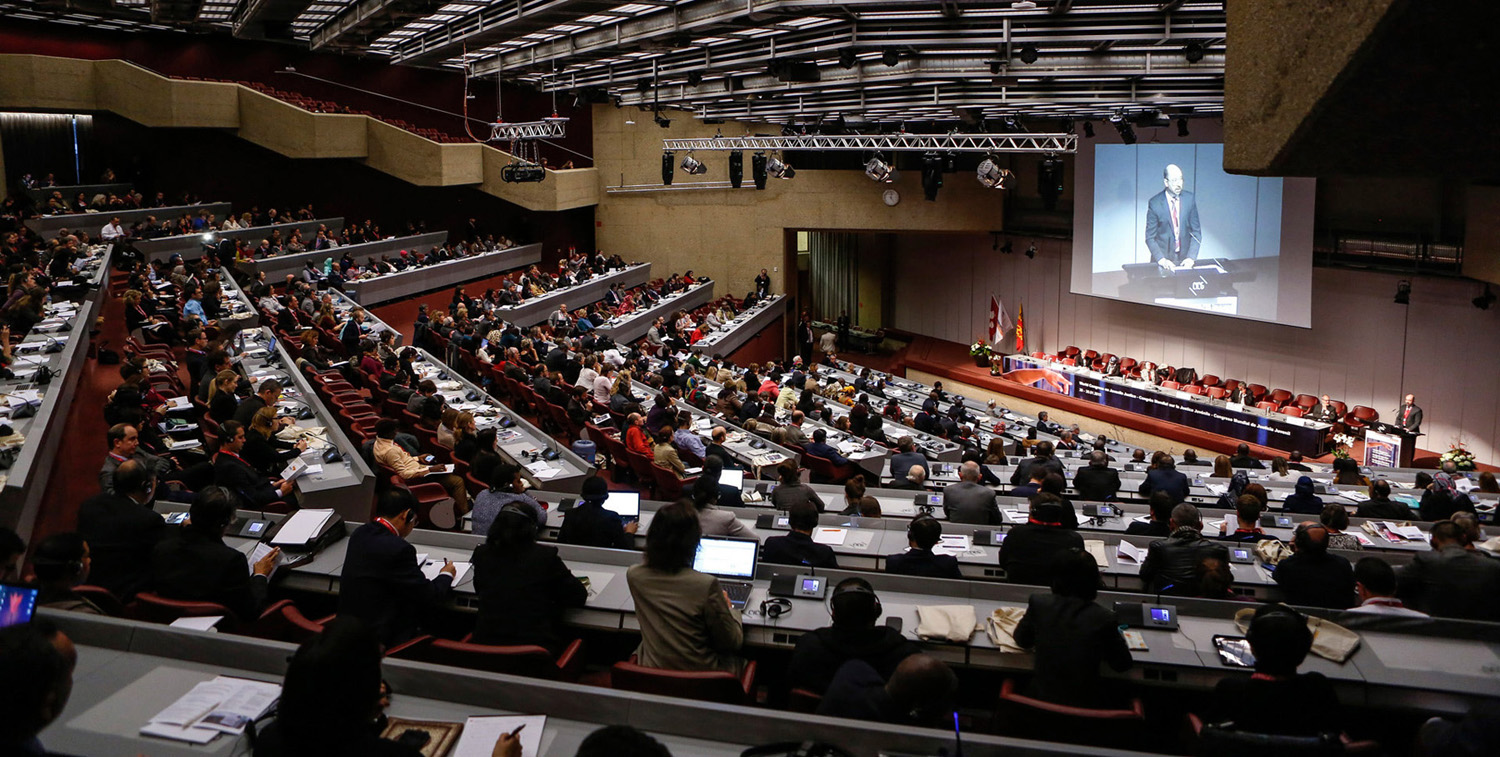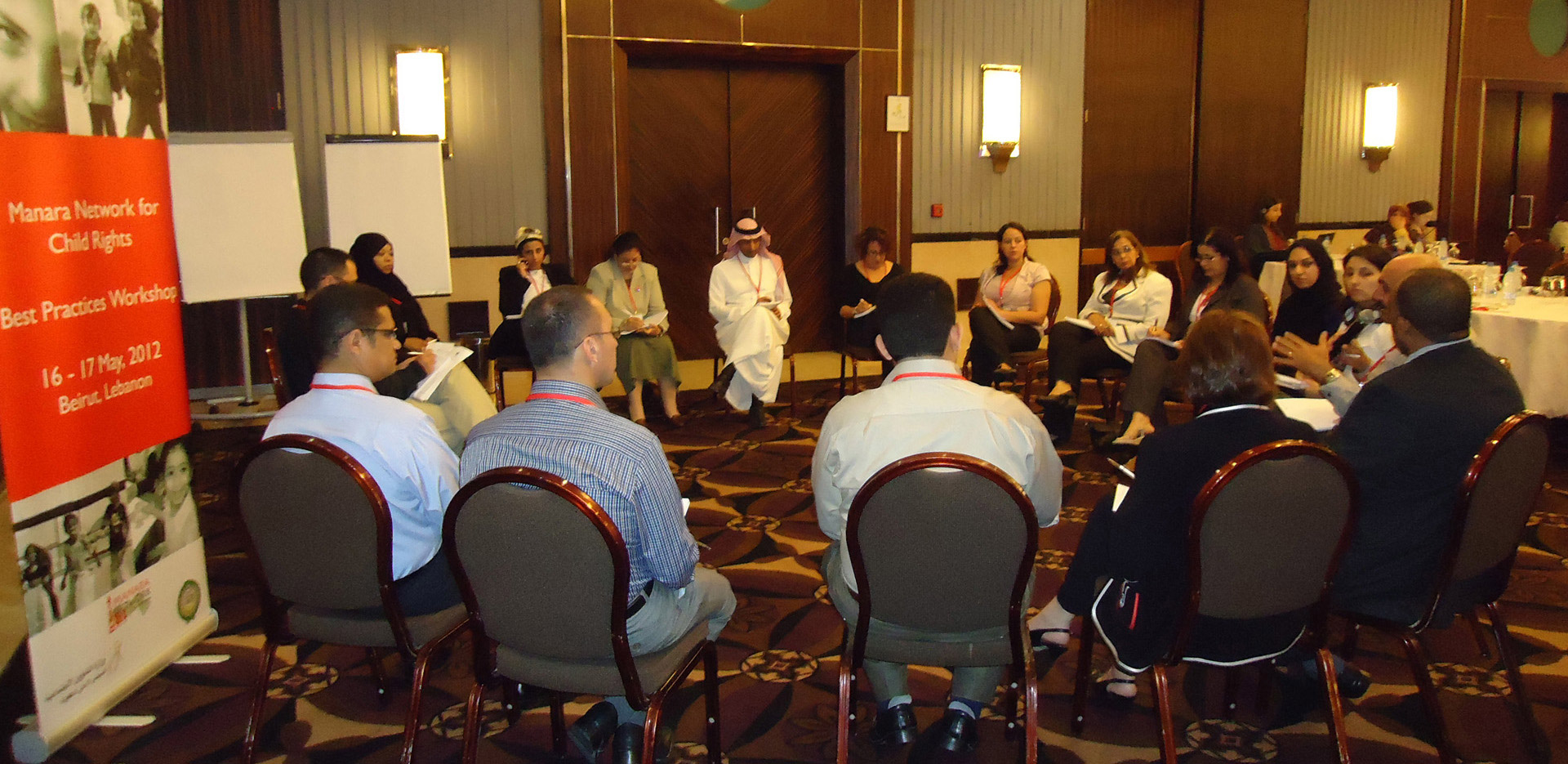Strengthening the capacity of civil society to monitor the worst violations of children’s rights in armed conflict
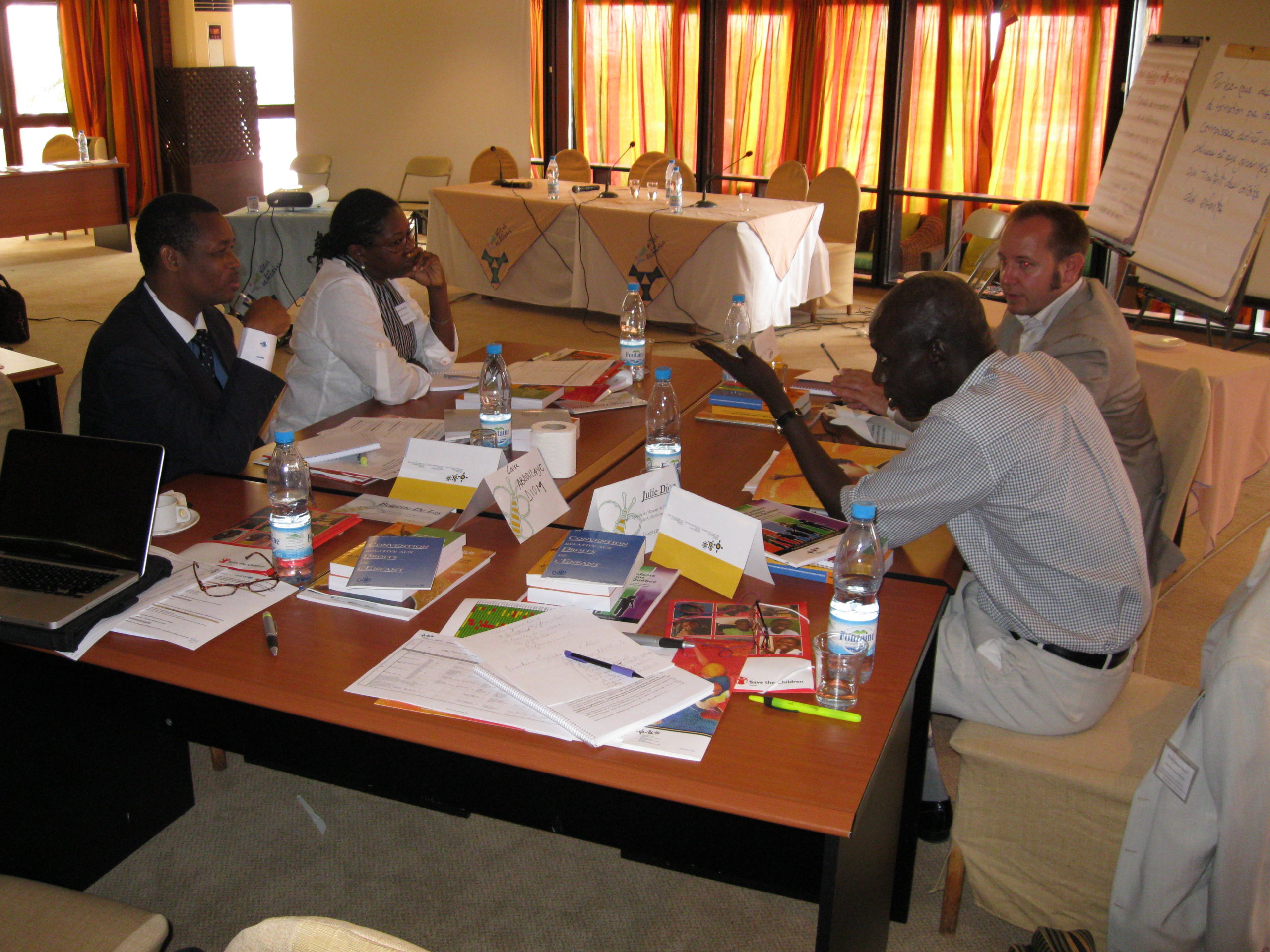
Context
The adoption of the United Nations Security Counsel Resolution 1612 in 2005 established a monitoring and reporting mechanism for six of the most serious violations of children's rights, with the aim of informing the UN Security Council on the situation of children in areas of armed conflict. This resolution also led to the establishment of the Security Council Working Group on Children in Armed Conflict. It also allows for the development of action plans by the parties named in the annual report of the United Nations Secretary-General for having committed one of these violations, so that they cease these violations and commit themselves to prevention.
Objectives
While the adoption of this resolution was a major step forward for the rights of children in situations of armed conflict, challenges remain in terms of its effective implementation in communities experiencing these risks and violations on a daily basis. The monitoring mechanism is in fact set up in response to the observation of one or more violations of children's rights in countries at risk, following the United Nations Secretary-General's flagging in his annual report. It is therefore a time-bound response to an identified problem, which reduces the preventive scope of the mechanism. Moreover, this monitoring does not focus a priori on social and family, criminal and security monitoring once these violations have been identified. Finally, such a mechanism generates cumbersome, time-consuming processes, which can create frustration and a lack of appreciation for the actions taken by the United Nations in relation to the observed violations.
Details of workshops and training courses
In 2008, the IBCR hosted a workshop in Montreal, Canada, bringing together 31 experts from about ten countries to discuss the need to invest more in preventing the negative impacts of conflict on children, in line with UN Resolution 1612. The major outcome was the inclusion of several concerns raised at the workshop into the UNICEF Guidelines for the Implementation of Resolution 1612, such as the need to include a clear communication strategy or the importance of linking work with other prevention initiatives in the field.
In 2010 and 2011, the Bureau implemented a series of training sessions aimed at better informing national coalitions and non-governmental organisations about the reality and challenges of children in armed conflict. Emphasis was placed on raising awareness and civil society's ownership of possible monitoring and reporting mechanisms on the worst forms of child rights violations. These trainings were given in Ivory Coast, Guinea and Senegal in collaboration with Save the Children Sweden. Another course on this topic was held in Bogota, Colombia, in collaboration with the University of Santo Tomas and the International Organisation for Migration and the Colombian Coalition to Stop the Use of Child Soldiers.
In 2011, the IBCR facilitated a course on monitoring and reporting systems on the worst violations of children's rights, as part of a regional workshop organised by Save the Children Sweden in Amman, Jordan, which brought together civil society partners from Iraq, Lebanon, Palestine and Yemen.
- Intervention locations : Canada, Ivory Coast, Guinea, Senegal, Colombia, Jordan, Irak, Lebanon, Palestine et Yemen.
- Project duration: 2008 à 2011
- Partners :
- Save the Children Sweden
- University of Santo Tomas (Bogota, Colombia)
- Colombian Coalition to Stop the Use of Child Soldiers
- International Organisation for Migration
- Highlights:
- 10 countries involved
- Organisation of workshops on the prevention of negative impacts of conflicts on children, in line with the United Nations 1612 resolution
- Two to three days of training on the reality and challenges of children in armed conflict for civil society
- Participation to a regional workshop in Jordan
- Animation of a series of courses on monitoring and reporting systems on the worst violations of children's rights
- Over 160 participants to workshops, trainings and courses
- Fields of activity and expertise :
- Capacity building
- Training leadership
- Children in emergency situations


